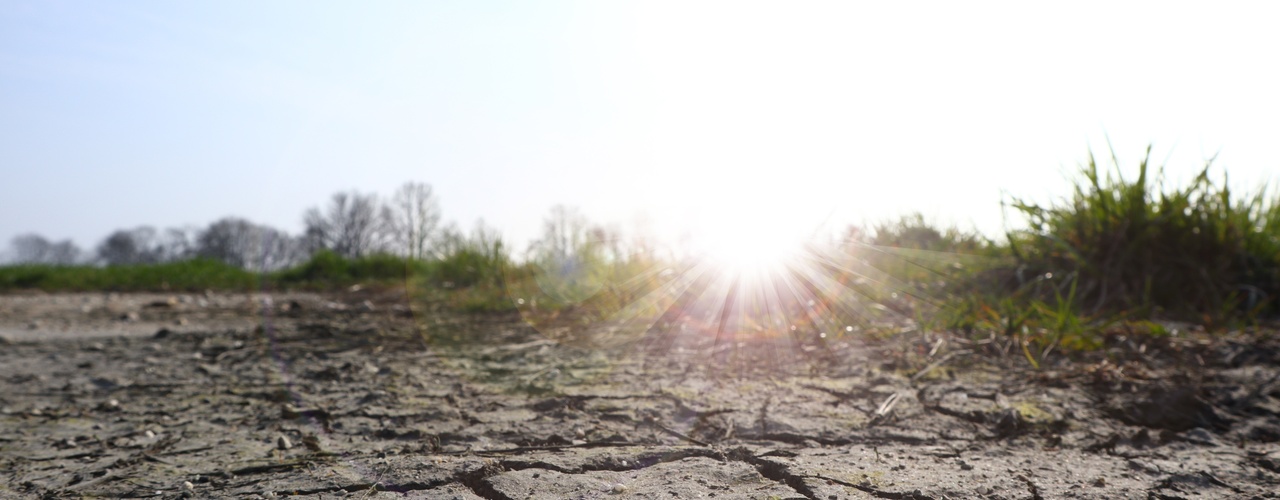A farm can’t be successful without proper irrigation. Poor irrigation can undermine productivity, waste resources, and negatively impact crop yields. Understanding the root causes of poor irrigation is the first step toward enhancing farm performance and preserving valuable resources.
Improper System Design
One of the major contributors to poor irrigation is an improperly designed system. An irrigation setup that doesn’t account for soil type, slope, or crop needs can result in uneven water distribution, overwatering in some areas and underwatering in others.
This imbalance can stress plants, decrease yields, and lead to soil erosion. Considering your farm’s specific needs and factoring these in when selecting a farm irrigation system is essential for optimizing water distribution.
Lack of Maintenance
An irrigation system is only as effective as its condition. Clogged nozzles, leaky pipes, and malfunctioning pumps can severely reduce efficiency and increase water waste.
Regular inspections and timely maintenance are crucial for identifying and addressing these issues. If you don’t check these systems regularly, small problems can escalate, leading to significant losses over time.
Inadequate Water Management
Failure to manage water resources appropriately often results in scarcity during critical periods. Incorrect irrigation timing or using water inefficiently can reduce crop quality and raise operational costs. Farmers can benefit greatly from adopting practices such as soil moisture monitoring to optimize water use.
Climate Change Impacts
Shifts in weather patterns due to climate change also play a significant role in poor irrigation results. Irregular rainfall, prolonged droughts, and extreme weather events disrupt traditional irrigation schedules, making it harder to supply crops with adequate water. Farmers must adapt to these challenges by utilizing data-driven insights and tools to create climate-resilient irrigation strategies.
Solutions and Best Practices
Regular System Checks and Maintenance
To improve irrigation efficiency, regular system checks and preventative maintenance are vital. Inspect equipment for leaks, clogs, or wear and tear to ensure consistent water flow and minimize losses. Farmers should schedule routine maintenance to keep systems functioning optimally and avoid costly breakdowns.
Implementing Water-Saving Technologies
Innovative water-saving technologies, such as remote irrigation management or moisture sensors, can revolutionize irrigation practices. Irrigation management technology provides precise water delivery when plants need it most, minimizing evaporation and runoff. Advanced sensors help identify when soil reaches optimal dryness, reducing unnecessary watering and conserving resources. Harnessing these tools can significantly increase water efficiency on farms.
Utilizing Weather Data for Irrigation Scheduling
Farmers can benefit from technology-driven solutions like real-time weather data to improve irrigation schedules. Monitoring rainfall projections, temperature changes, and humidity levels informs farmers when, where, and how much to irrigate.
Smart Irrigation for a Sustainable Future
Efficient irrigation is key to ensuring farm profitability and environmental sustainability. By understanding the common causes of poor irrigation, farmers can plan for and overcome these challenges.
Implementing these strategies improves productivity and preserves vital resources for future generations. Taking action today will lay the foundation for healthier crops, lower costs, and a thriving farming community.





